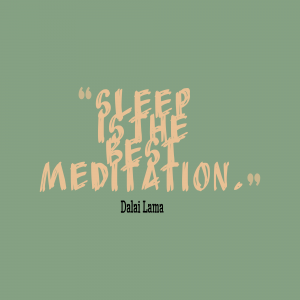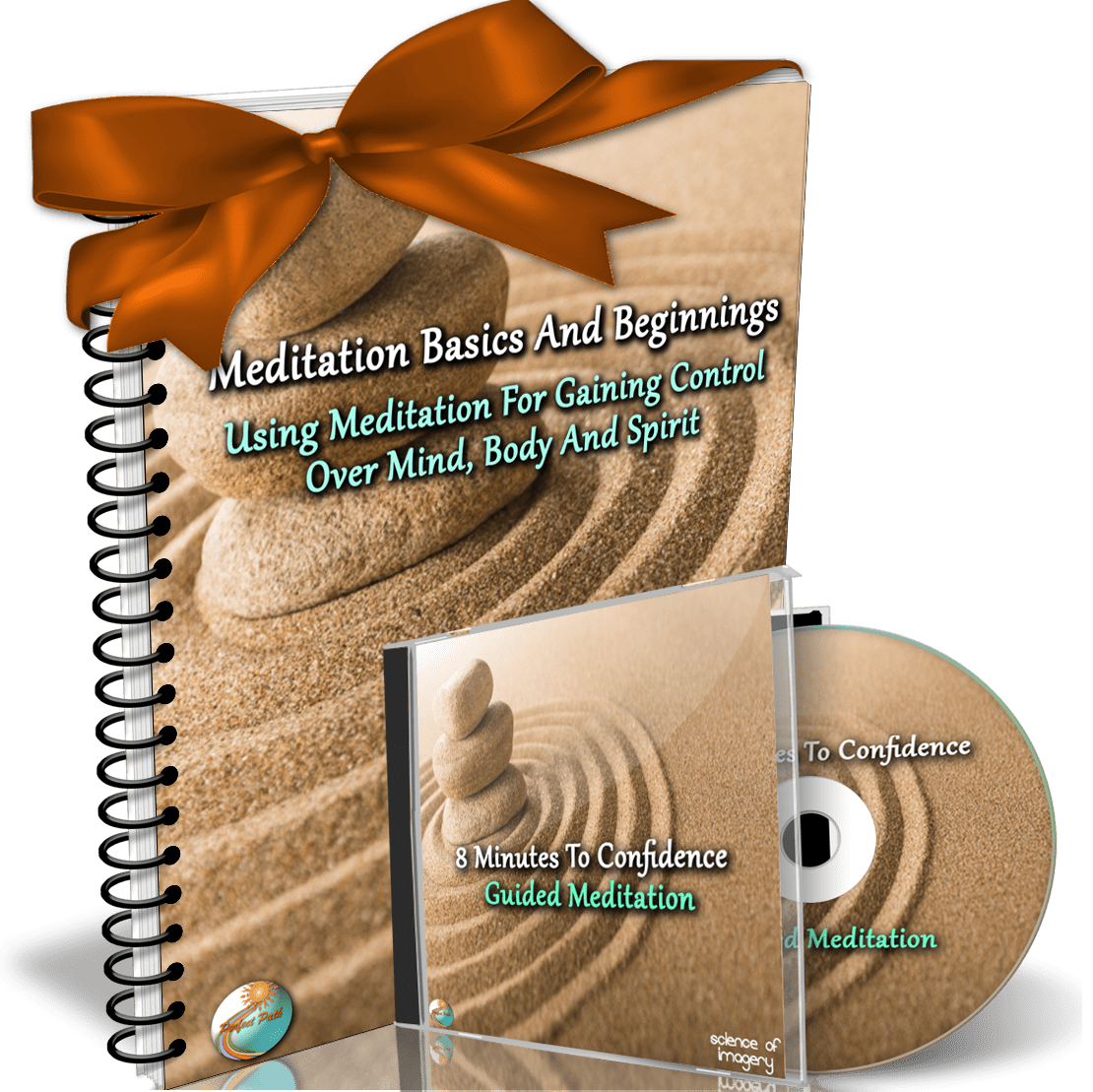
Do You Have All The Tips You Need For Your Sleep Habits?
I’m sure you know that sleep is very important. You likely know this more on a day following a sleepless night. However, do you understand how much sleep is connected to your success? You’d likely be surprised at all the information available about your sleep habits and how to change them around to benefit you.
InsideTracker provides some awesome tips and info on getting the most out of sleep.
Would you like to have more energy, improve your memory, reduce your appetite, and improve your athletic performance? One simple change can help you to do all these things: getting more sleep.
Athletes, for example, spend a considerable amount of time and money trying to find the right sports drink, nutrition bar, or protein powder that could give them the extra edge during a competition. But an extra hour of sleep each night might be a better way to improve athletic performance than any product on the market!
Getting enough good sleep can help to boost your speed, accuracy, and reaction time. If you are sleeping poorly, InsideTracker blood analysis can identify nutrient deficiencies and provide recommendations for how to improve your sleep.
How does sleep affect you?
Not only can too little sleep make you feel tired the next day, but it can also have a big impact about what’s going on inside of your body. Sleep is the time for your body to complete all the phases that are needed to repair your muscles and release hormones that regulate your growth and appetite. If we don’t get enough sleep, we don’t have enough time to recover. Here are the specific ways that sleep deprivation can ruin your game:
•Decreased energy – when you’re sleep deprived, your body’s ability to store glycogen diminishes. Your body converts glycogen to glucose (a type of sugar), which your muscles use as a primary source of fuel during exercise. Glycogen is particularly important for giving your body the energy that it needs for endurance events, so if you don’t get enough sleep, you will probably feel less energetic than usual whether you are competing in a road race or juggling tasks at work.
•Poor reflexes – getting an insufficient amount of sleep can slow your reaction time. One study showed declines in split-second decision-making following poor sleep, and showed that subjects who were well rested had increased accuracy on tasks that required quick decisions.
•Hormone changes – some research suggests that sleep deprivation increases levels of cortisol, a stress hormone that can impede healing, increase the risk of injuries, and worsen memory. Additionally, it decreases levels of growth hormone that helps repair the body, which could prevent an athlete from recovering adequately from heavy training and further increase the risk of injury.
Conversely, getting enough sleep can have some great benefits: improved athletic performance, reduced appetite, and better memory function. Stanford University tracked the sleep habits of the school’s basketball team and found that players increased their speed by 5% when they added an average of two hours of sleep each night.
Studies have also shown that adequate sleep reduces feelings of hunger and helps to control appetite. When you are well rested, you are better able to focus and to learn more efficiently.

How much sleep do you need?
According to the National Sleep Foundation, the amount of sleep that you need depends on your age, lifestyle, and health. Generally, most adults need 7-9 hours of sleep each night, but athletes might actually require more because all the stress and practices require more recovery time. Pay attention to how you’re feeling in order to effectively gauge if you’re getting enough sleep. Most people feel drowsy during the early afternoon, but if you find yourself consistently falling asleep during the day, you might be sleep deprived.
While it is important to get enough sleep, keep in mind that not all sleep is created equal. Sleep occurs in a series of repeating stages that are actually very different from each other, but all play an important role in helping you feel well rested. The stages are transition to sleep, light sleep, deep sleep, and REM sleep. You sleep in cycles during the night, moving back and forth between deep sleep and REM sleep.
However, if you’re still having trouble waking up in the morning and staying awake throughout the day despite giving yourself plenty of time for sleep, you might not be spending enough time in the different stages. Deep sleep and REM sleep play especially important roles in self-repair. In deep sleep, blood flow to your muscles increases, which helps to restore energy and to repair tissue. Consolidation of different types of memories occurs in both deep sleep and in REM sleep.
Image Credit: Pixabay
Learn more, InsideTracker.



